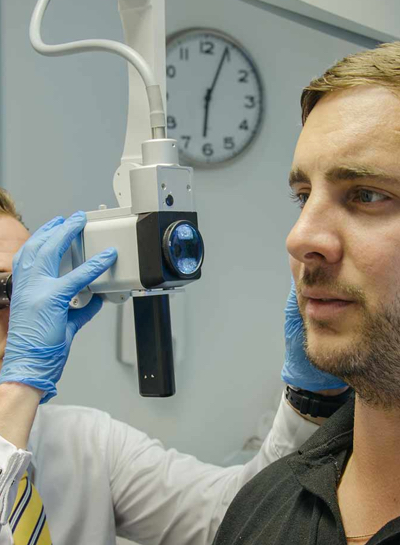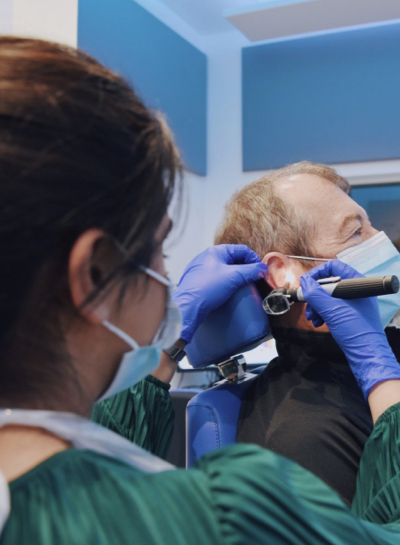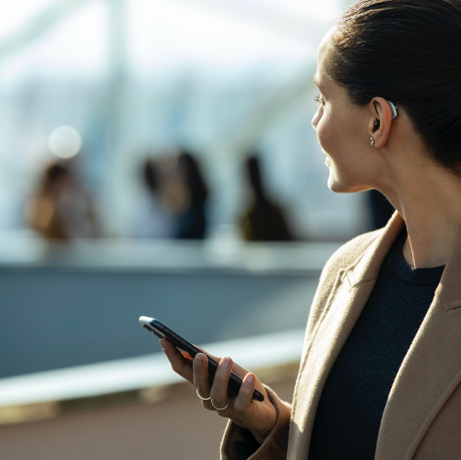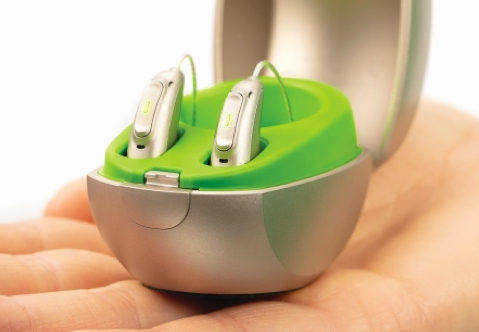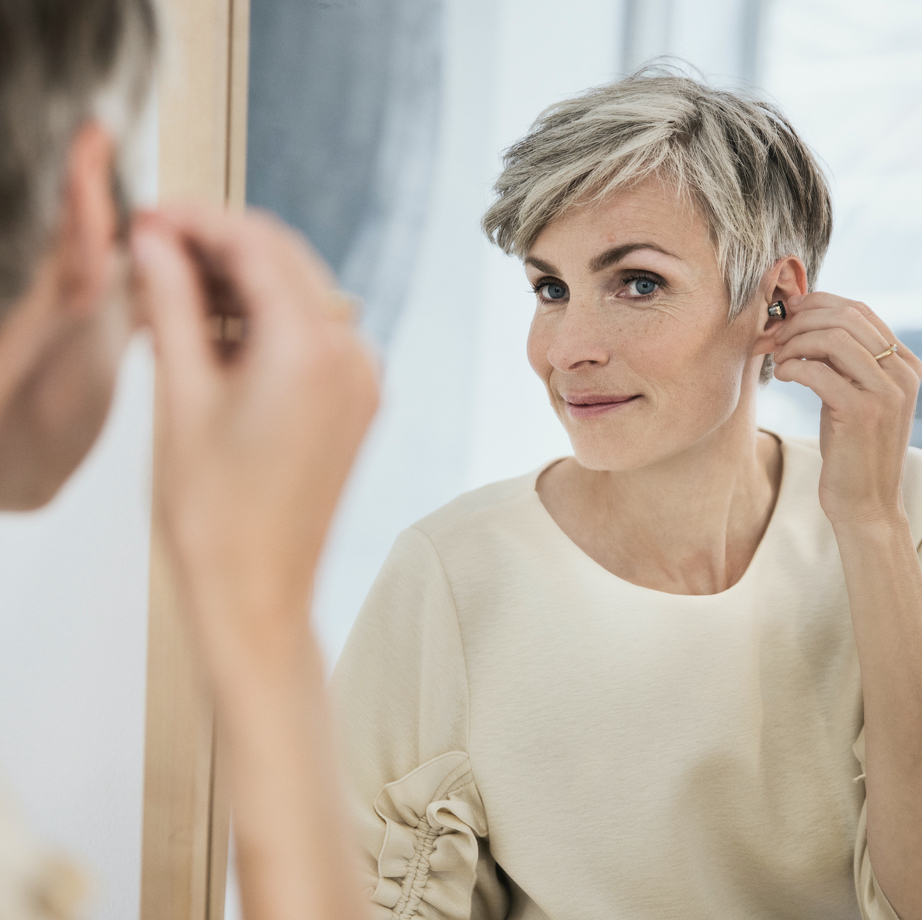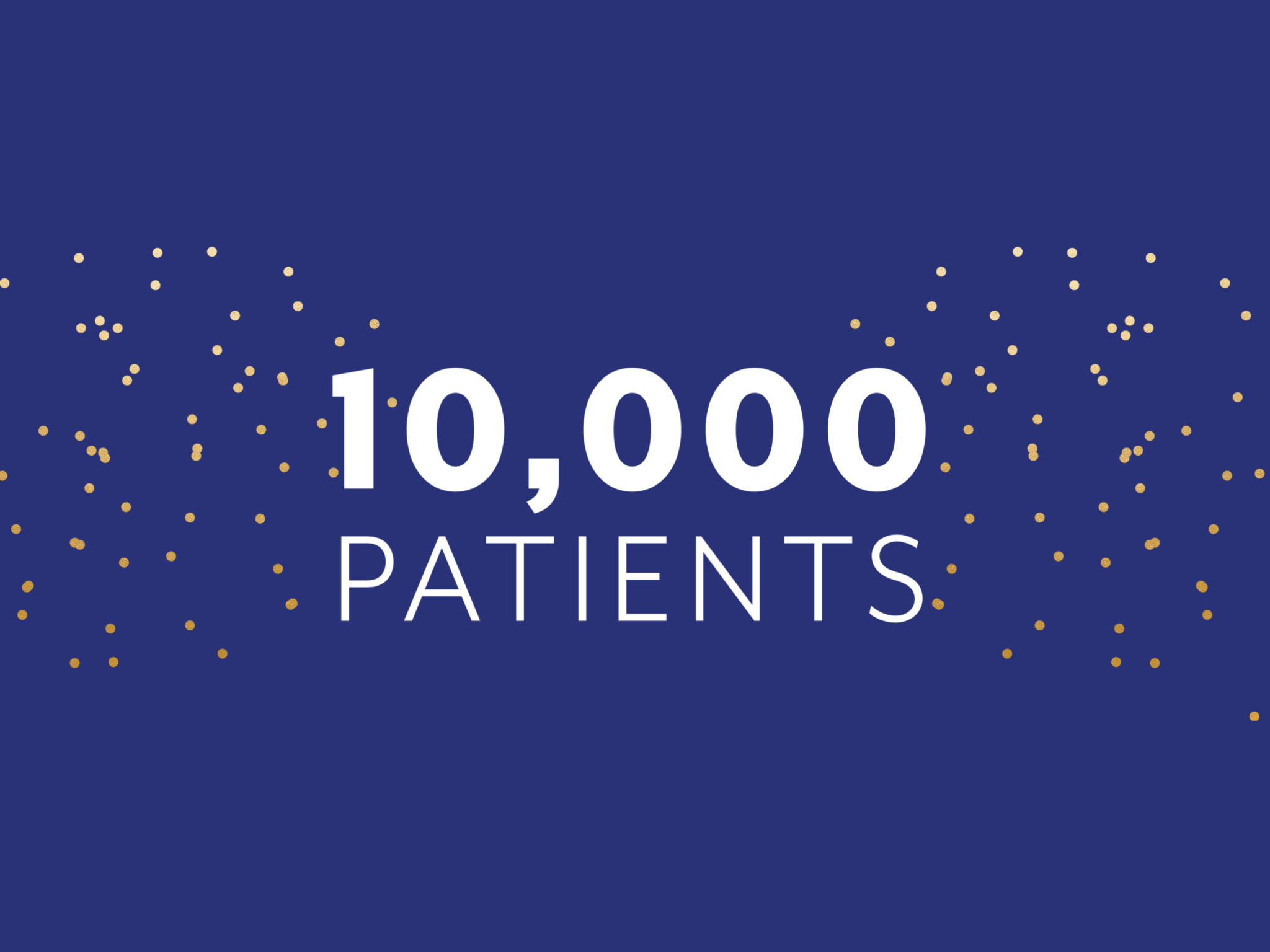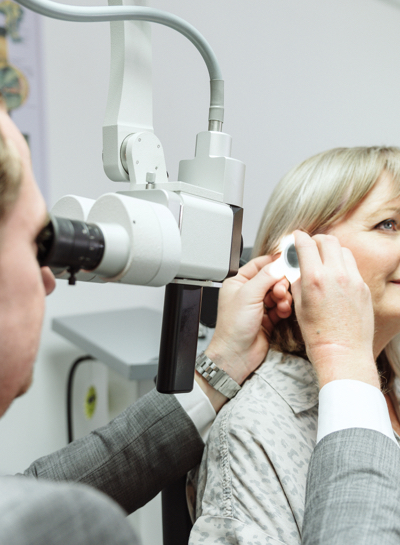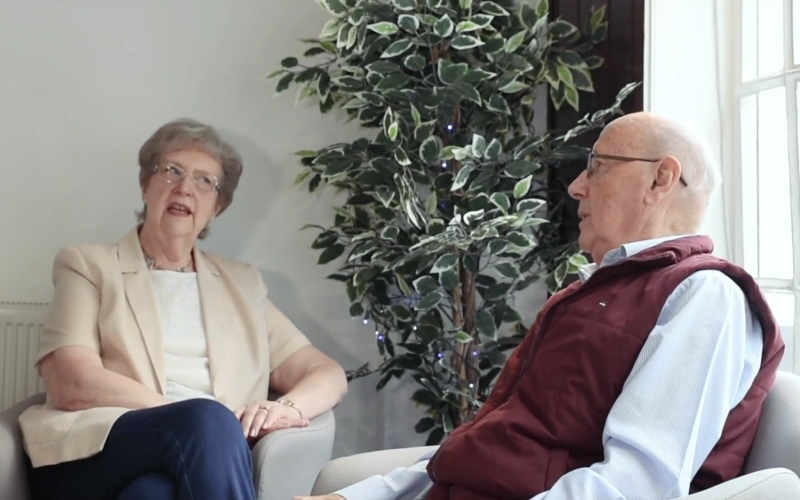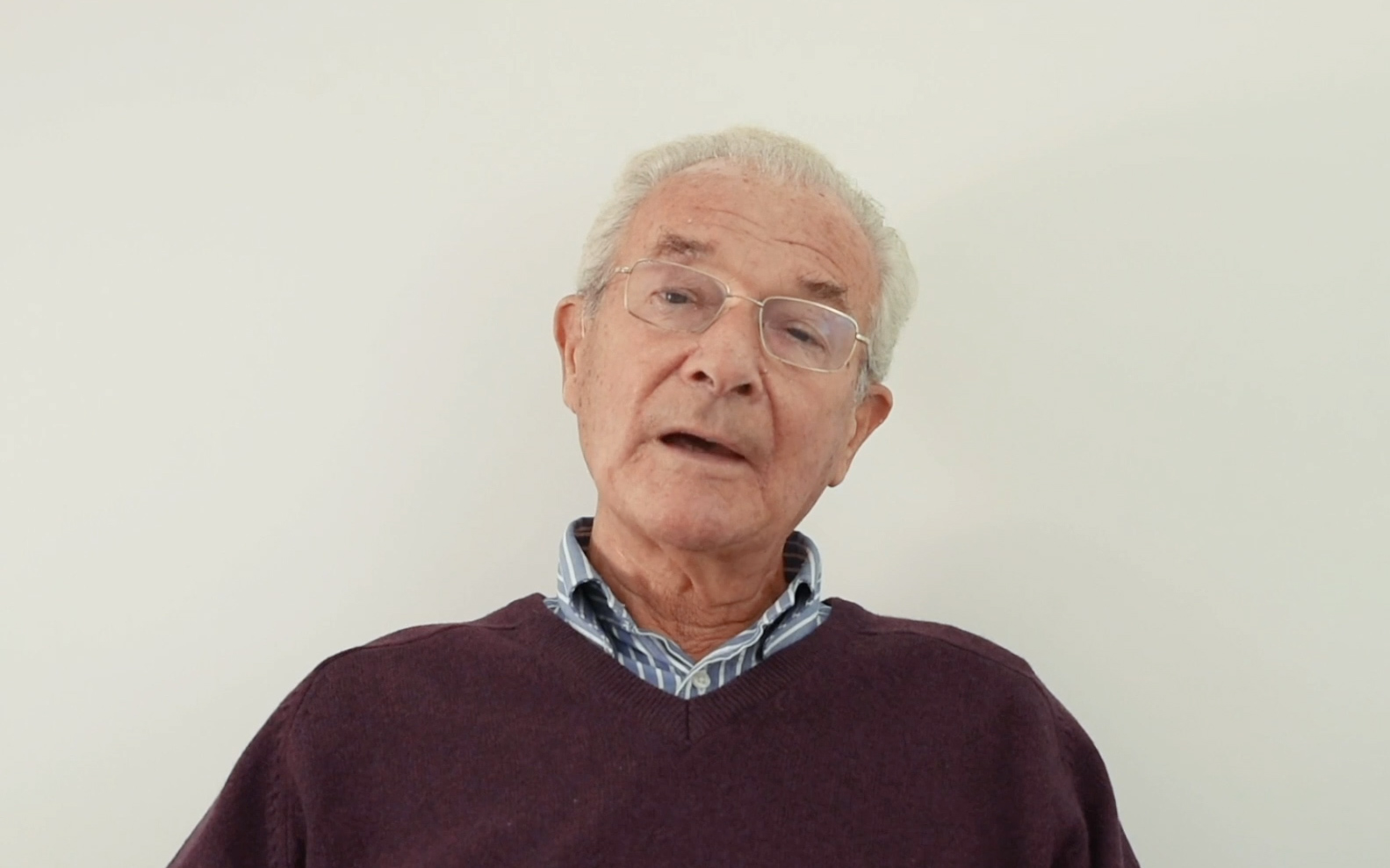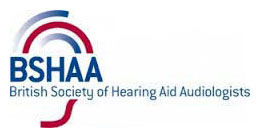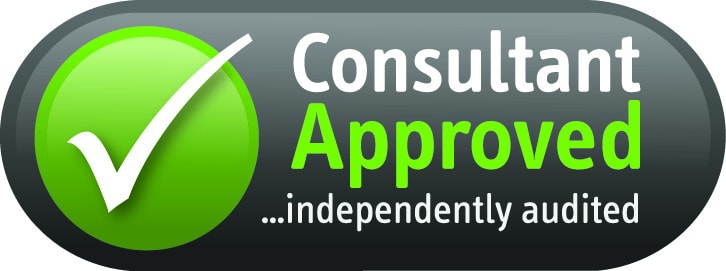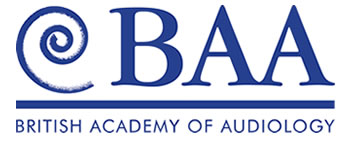Month: August 2017
Hearing loss, loneliness & depression in older people
3 Min read
7th Aug 2017
Hearing Loss & Loneliness
We saw this really powerful clip from Channel 4 and we felt that we had to share it, it is a report on loneliness in the elderly. We know that untreated hearing loss causes isolation, loneliness and eventually depression. We deal with that every day with people, giving them their life back. This though is an example of older people just having no one.
Over 1 million older people haven’t spoken to a friend, neighbour or family member for at least a month
The figures above are from Age UK, we found them horrifying, they are campaigning to have loneliness in the elderly recognised as a serious health issue, here is what they say:
Contrary to what many people think, loneliness is not a normal part of ageing, and it not only makes life miserable, it can have a serious impact on your physical and mental health too. Unless we act, our rapidly ageing population means we’ll see ever greater numbers of lonely older people and, because loneliness undermines resilience, this also means more pressure on our already stretched NHS and social care services.
What are we calling for?
We want local and national government to understand that older people’s loneliness really matters; that it’s a serious public health problem and not a normal part of ageing, and we want them commit to take action with us to prevent and tackle it.
We need your help
Loneliness definitely can’t be fixed by Government alone, we all have a role to play
Age UK
Hearing Loss & Loneliness, Our Experience
As we said at the start of the article, we have some experience with loneliness and depression that is caused by untreated hearing loss. Because hearing loss makes it difficult to communicate it often leads to isolation. In most cases this isolation is self enforced, people are fed up of being embarrassed by their mis-understandings and inability to understand and communicate and withdraw from their social life. This isolation leads to loneliness and eventually depression, we are social animals, not really meant to be alone. However, recent clinical studies have shown that depression is not the worst possible effect of un-treated hearing loss.
Hearing Loss, Cognitive Decline & Dementia
Hearing loss is a very common disorder across the world, in fact it is so common that it is considered a normal part of the aging process and no great cause for alarm. However, that attitude is changing quickly in the Medical world. Studies from Johns Hopkins University have found clear links between hearing loss, cognitive decline and dementia. If this is proved to be so, hearing loss is a far greater health threat than even we previously thought.
“Hearing loss shouldn’t be considered an inconsequential part of aging,” Dr. Frank Lin,
Cognitive Abilities Declined 30 to 40% faster in People With Hearing Loss
Dr. Frank Lin, assistant professor at Johns Hopkins, an otologist and epidemiologist is a leading force in the studies of the effects of hearing loss on older adults. His work on the cognitive effects of hearing loss has gathered much attention over the last few years. In one study involving nearly 2,000 men and women aged between 75 and 84. Dr. Lin and his colleagues found that over six years, cognitive abilities (including memory and concentration) of those with hearing loss declined 30 to 40 percent faster than in people with normal hearing.
That is a frightening finding that is being backed up by more and more study evidence that is coming to light. Hearing loss needs to be considered a serious health problem, it can have devestating effects on the wider health of people if it remains un-treated. If you have any questions or are looking for some information, please don’t hesitate to contact us on 01905 617803.

Tom Dixon Director of Audiology
Share this article
Your Journey To Better Hearing
Related Articles
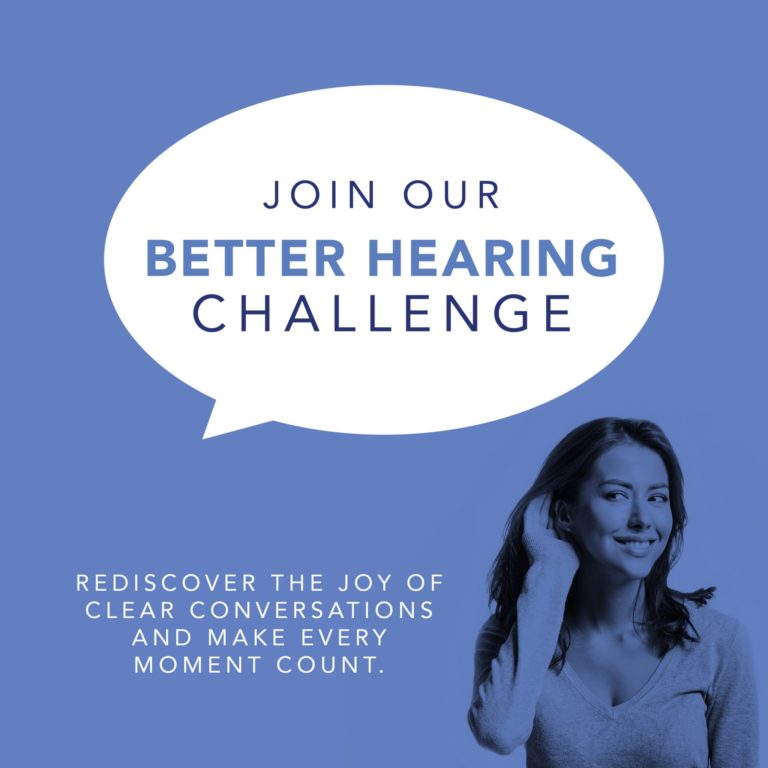
Join our Better Hearing Challenge
Rediscover Clear Conversations with Our Better Hearing Challenge Do you find yourself yearning to rediscover the joy of clear conversations? Are noisy environments making it challenging to hear speech, leaving…
3 Min read
3rd Jan 2024
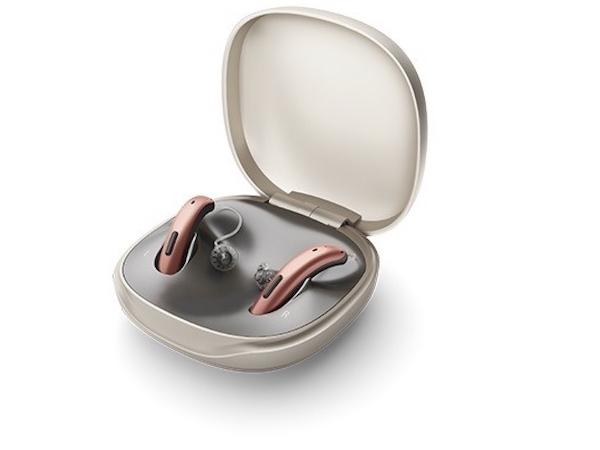
Struggling with hearing aid batteries? We have the solution
Hearing aids are crucial for those experiencing hearing loss. They allow you to maintain your independence and continue enjoying the things you love. However, dealing with traditional hearing aid batteries…
2 Min read
18th Sep 2023
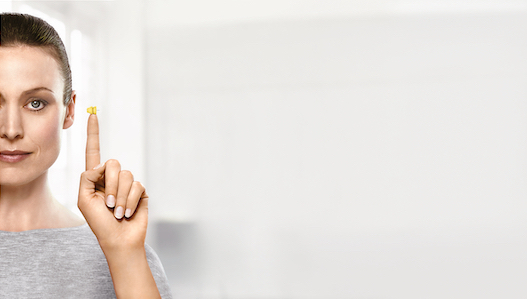
Our top 3 discreet, invisible hearing aids at Worcester and Stratford-upon-Avon
In the world of hearing aids, there are numerous options that cater to different needs, lifestyles, and personal preferences. If you prioritise discretion and invisibility in your hearing aid, you’re…
3 Min read
13th Sep 2023
Earwax Removal, Cleaning Your Ears The Right Way
4 Min read
7th Aug 2017
Earwax Removal, Cleaning Your Ears At Home
Foreign Objects & Your Ear Shouldn’t Mix
Ever hear the saying nothing smaller than your elbow in your ear? It is one of the famous “Old Wives’ Expressions”, and it is really good advice. Your ear, ear canal and ear drum are really amazing and sensitive pieces of your anatomy. The first rule of cleaning your ears is don’t, and we really mean don’t! go sticking things into your ear canal.
That includes, and this is not an exhaustive list because we know you are inventive, cotton buds, keys, pens, hair clips, and anything else that might look like it fits! While you may in fact remove some earwax, the only thing you are really likely to achieve is to push the bulk of it deeper into your ear canal. If you keep doing it, it will end up against the eardrum, possibly causing irritation, temporary hearing loss, or even eardrum injury.
Like Other Things in Life, Earwax is a Good Thing, Too Much is the Problem
Ear wax is not just a good thing, it is actually essential, it contains protective, lubricating, and antibacterial properties. When you don’t produce enough earwax, you will suffer with dry and itchy ears. Over-cleaning of your ears produces the same results. So, mostly, earwax is a great thing and there is nothing for you to do other than washing your outer ear. Unfortunately though, for some people thats not the case.
Some people produce too much earwax, this excess earwax can become a blockage. In situations like these, the earwax will have to be removed. In cases like this, the way to go is to have the earwax removed by a professional. With microsuction earwax removal, we can actually see what we are doing, we are also trained to do it in a safe and comfortable manner. However, as you may know, there are kits available to do it at home. Here is what you need to know about earwax and how to remove it in a safe manner.
How Should You Clean Your Ears?
So what should you be doing to clean your ears? Normally, absolutely nothing. Your ears are quite an amazing piece of kit, they are the only part of your body that is self-cleaning. Your skin changes over time, with old skin simply being rubbed off as it comes into contact with clothes. The skin in your ear canal is different, it grows outwards from the middle of your eardrum to your outer ear. In this way the skin is constantly refreshed. Earwax is normally carried along, earwax normally moves from your ear canal to the outer ear and simply drops out. When you try to remove ear wax, more often than not you just interupt the natural process and cause a blockage, your ear continues to generate more wax and it just builds up behind the block.
Cleaning your ears at home
Do Not And We Really Really Mean It, Insert Anything in Your Ear, it is worth saying that again. You can damage the skin of the ear canal and cause an infection. Even worse you could perforate your eardrum, we are talking screaming at the top of your voice and peeling you off the ceiling pain here!. This means no cotton buds and no ridiculous ear candles. Ear candles don’t work, they are complete and utter rubbish. In 2010, the FDA (Yanks, but you got to love them) came right out and said they were dangerous.
Even worse, not just dangerous, absolutely completely useless for removing ear wax. They released a warning against using them, reporting that there was absolutely no scientific evidence supporting their effectiveness. They also warned that their use can bring about serious injuries. They have caused everything from serious burns to skin damage. All that and they don’t even remove the earwax.
To correctly clean your ears at home, take the following steps:
- Buy some earwax softening solution at the chemist, you can make it at home but be very careful. You can find instructions for making solutions on the internet, but be very careful. The mixture often includes the use of hydrogen peroxide, mineral oil, and glycerin. Hydrogen peroxide is an irritant, it is not good for your skin and especially so for the sensitive skin in your ear canal. We have heard of people who did severe damage to their eardrum with too much hydrogen peroxide. Imagine if you will it is like using drain cleaner, it will eat the drain as well if your not careful!
- Pour the solution into your ears from the receptacle with the kit, or by using a plastic syringe or bulb syringe. If you are using a syringe, do not be tempted to squeeze the bulb hard and add too much pressure. If you squirt water into your ear canal under too much pressure, there is a strong chance that you could burst your ear drum. Tilt your head to the side and allow the solution to work for 5-10 minutes. Time to read a book, contemplate the wall, ponder the meaning of life etc.
- Drain the solution out of your ear by tilting your head slowly over a container or the sink, then dry off the outer ear. Repeat until clean.
When You Need To Call Us
We have covered the DIY method, sometimes there are situations when DIY is most definitely not the way to go. If you have an active ear infection, or have suffered a perforated eardrum, you should not attempt to clean your ears at home. In fact, if you have a perforation, earwax removal by irrigation or syringing is not for you at all. If you have made a couple of attempts at self cleaning and you still feel blocked, it is also time to see a professional. This could signify a more extreme blockage that requires professional removal.
Whenever in doubt, leave it to us. Professional ear wax removal delivers the assurance that there will not any damage to your ears or you hearing from the process. In the case of earwax removal by microsuction, it is also easy, comfortable, instant and mess free.
If you have any questions or want to schedule an appointment, give us a call on 01905 617803 today!

Tom Dixon Director of Audiology
Share this article
Your Journey To Better Hearing
Related Articles

Join our Better Hearing Challenge
Rediscover Clear Conversations with Our Better Hearing Challenge Do you find yourself yearning to rediscover the joy of clear conversations? Are noisy environments making it challenging to hear speech, leaving…
3 Min read
3rd Jan 2024

Struggling with hearing aid batteries? We have the solution
Hearing aids are crucial for those experiencing hearing loss. They allow you to maintain your independence and continue enjoying the things you love. However, dealing with traditional hearing aid batteries…
2 Min read
18th Sep 2023

Our top 3 discreet, invisible hearing aids at Worcester and Stratford-upon-Avon
In the world of hearing aids, there are numerous options that cater to different needs, lifestyles, and personal preferences. If you prioritise discretion and invisibility in your hearing aid, you’re…
3 Min read
13th Sep 2023


 Request An Appointment
Request An Appointment
